As of late Prime Minister Fumio Kishida has had to cope with an unflattering nickname: "zōzei-megane," or “the four-eyed tax-hiker.”
But why?
Kishida hasn’t actually raised taxes for the public at large since he took office over two years ago — at least, not yet.



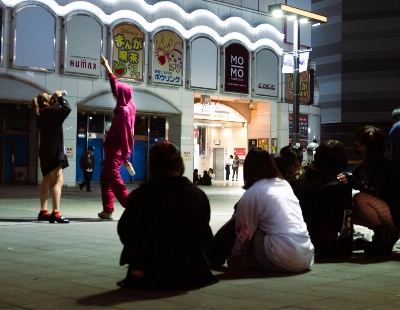
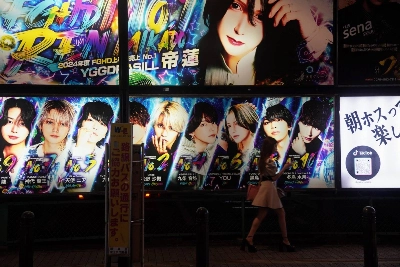
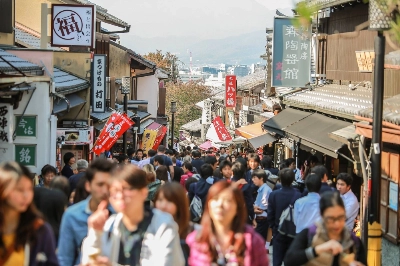
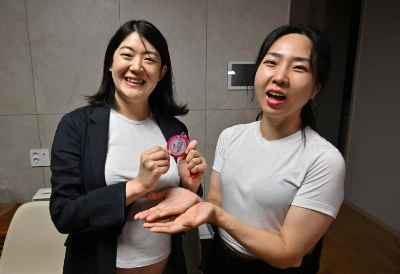
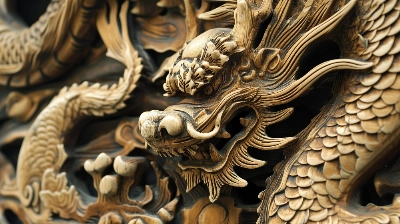










With your current subscription plan you can comment on stories. However, before writing your first comment, please create a display name in the Profile section of your subscriber account page.